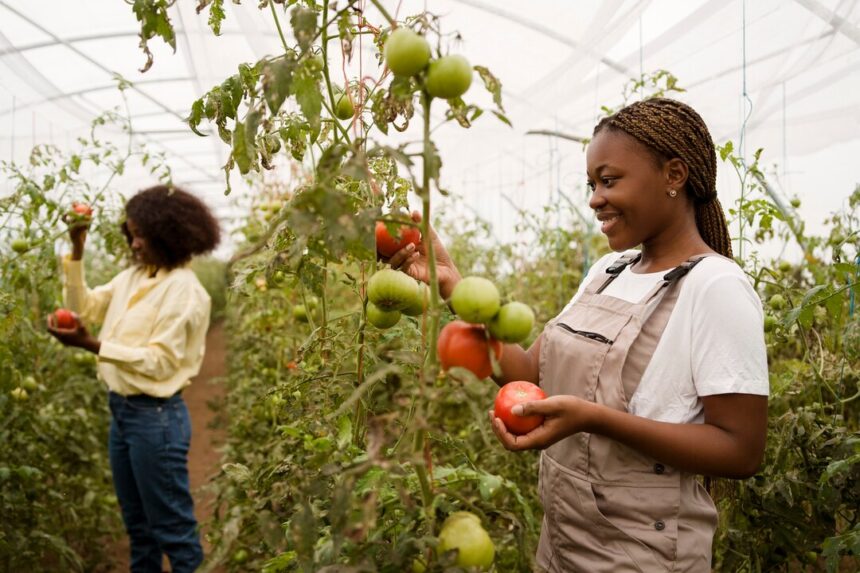Women play a critical role in agriculture across the world, yet their contributions often go unnoticed and undervalued. From planting and harvesting to marketing and food processing, women are deeply involved in every stage of the food supply chain. Empowering women farmers is not just a matter of equity — it’s essential for improving productivity, reducing poverty, and achieving global food security. Across different regions, countless women are breaking barriers, embracing innovation, and transforming agriculture in their communities.
In Kenya’s Nakuru County, 36-year-old Alice Wanjiru turned her small vegetable farm into a thriving agribusiness after receiving training in modern farming techniques. With the help of a local women’s cooperative and access to microloans, Alice invested in drip irrigation and organic fertilizers. Within two years, her yields doubled, and she now supplies produce to several urban markets. Her story is one of many that highlight how access to training, credit, and markets can radically change the trajectory of women-led farms.
Similar success can be seen in India’s Maharashtra state, where the women of the Mann Deshi Foundation have taken control of their agricultural futures. Many of them, once dependent on rain-fed farming, learned to manage water resources more effectively through the foundation’s support. By adopting sustainable practices such as vermicomposting and polyhouse farming, these women have not only increased production but have also created job opportunities for other women in their villages.
Access to land ownership remains a significant barrier for many women farmers. In most parts of Sub-Saharan Africa and South Asia, land is traditionally passed down through male relatives, leaving women dependent on husbands or brothers for access to farm plots. Legal reforms and land rights advocacy are creating gradual shifts, enabling more women to register land in their names. In Rwanda, for instance, a national land tenure reform policy allowed joint land registration for married couples, significantly increasing the number of women with secure land ownership.
Technology is another game-changer. Mobile apps designed specifically for women farmers offer everything from weather updates and market prices to planting tips and financial services. Platforms like iCow in Kenya and Farm365 in Nigeria are helping rural women make informed decisions, reduce post-harvest losses, and get better prices for their crops. By closing the information gap, digital tools are putting power directly into the hands of women.
Training and education are at the core of empowerment. Agricultural extension programs tailored for women are proving effective in boosting confidence and competence. In Bangladesh, BRAC’s Women’s Agricultural Extension Workers initiative trains women to serve as community-based advisors, helping thousands of farmers — both male and female — improve their techniques. This model creates role models and builds trust within rural communities, proving that women can lead in knowledge-sharing as well as production.
Despite these advances, challenges remain. Women still face limited access to financial services, agricultural inputs, and formal education. Cultural norms, gender bias, and unpaid caregiving responsibilities often limit their participation in decision-making processes and leadership roles. Addressing these barriers requires strong policy support, targeted investment, and a commitment to gender equality from both public and private sectors.
Looking ahead, there are numerous opportunities to scale up the impact of women in agriculture. Increasing funding for women-led cooperatives, supporting gender-sensitive research and innovation, and improving access to climate-resilient technologies can create lasting change. Empowering women farmers is not just about individual success stories — it’s about unlocking the full potential of half the world’s agricultural workforce.
As more women step into leadership roles, adopt new technologies, and advocate for their rights, the future of farming looks more inclusive, productive, and resilient. Their success is not just personal; it’s a powerful force driving rural development, food security, and economic growth for all.
Join 'Farmers Mag' WhatsApp Channel
Get the latest Farming news and tips delivered straight to your WhatsApp
CLICK HERE TO JOIN






